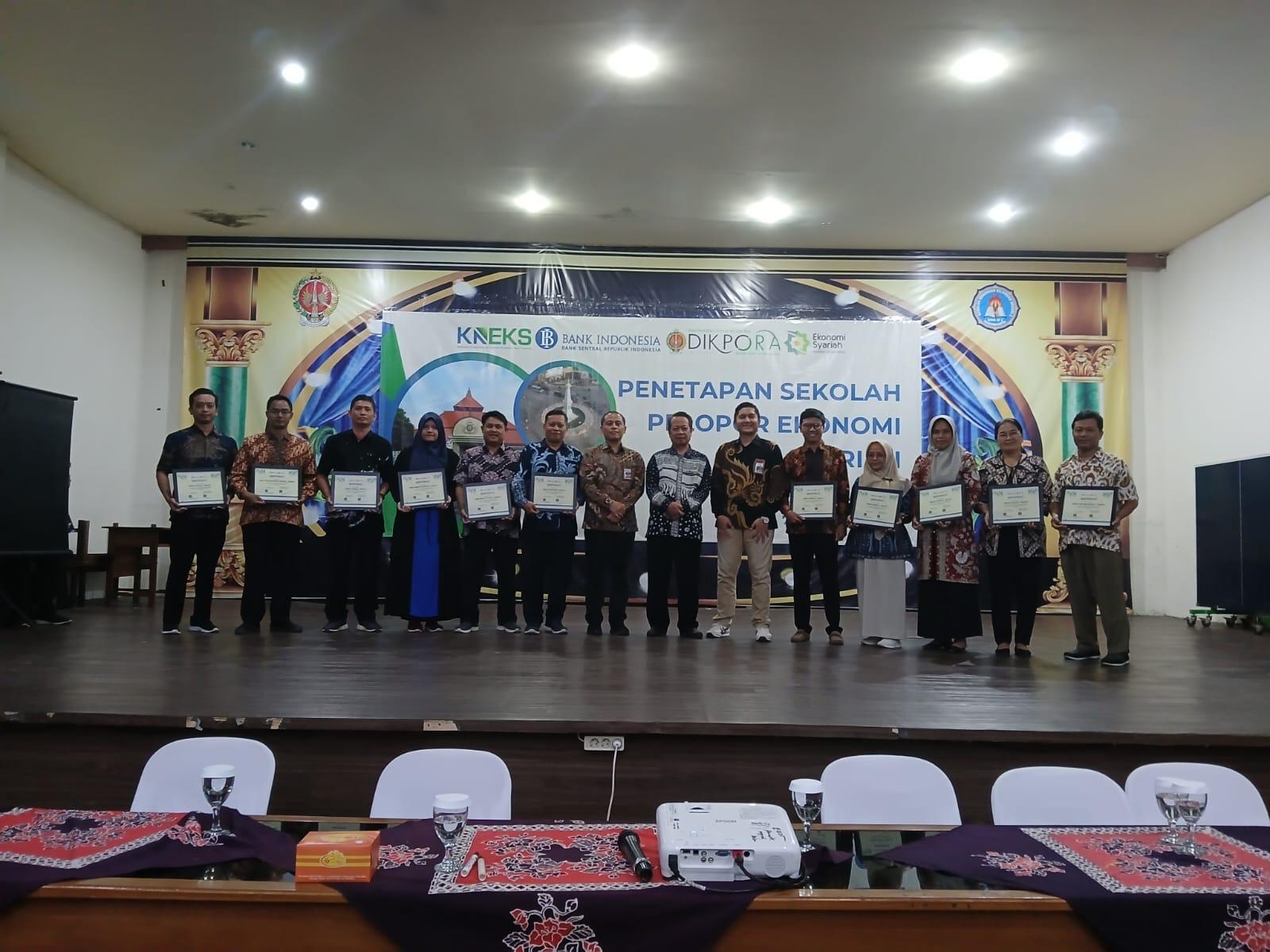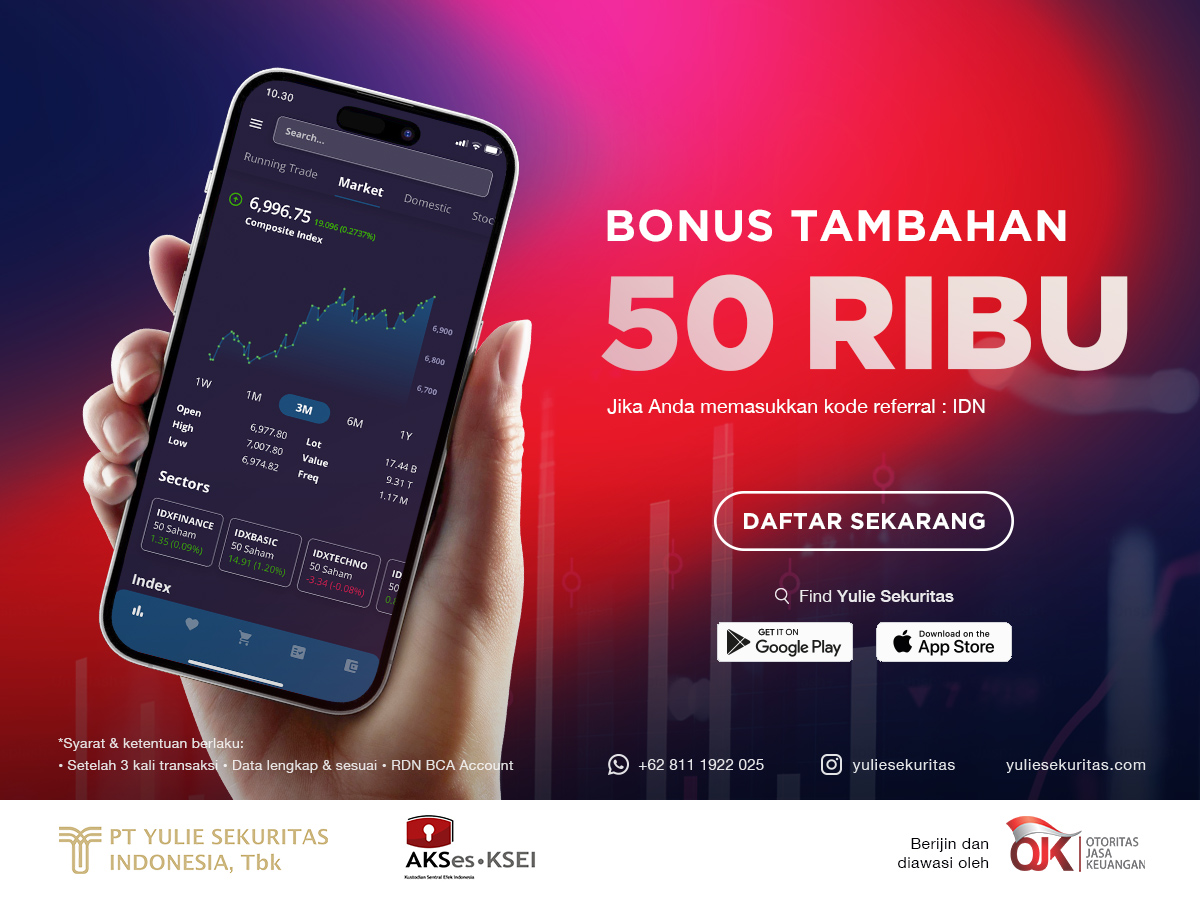KNEKS appointed 90 Sharia Pioneer Schools

JAKARTA. The National Committee for Sharia Economics (KNEKS) once again designated 46 State High Schools/Vocational Schools in DI Yogyakarta as pioneer schools for sharia economics. With the increase in the number of pioneer schools, KNEKS has so far established 90 pioneer schools from six provinces, namely West Sumatra, Riau, South Sumatra, South Sulawesi, Central Sulawesi and finally DI Yogyakarta.
Director of KNEKS Sharia Ecosystem Infrastructure, Sutan Emir Hidayat, explained that in this pioneer school, sharia economics and finance curriculum is inserted in economics, religion and local content subjects. By targeting SMA/SMK level, in the future KNEKS hopes that sharia economics and finance will be input in creating superior human resources. "So we provide training to both economics teachers, religious teachers and local content teachers to gain knowledge about sharia economics so that they will insert it into their curriculum," said Sutan.
He further explained that in a pioneer school there must be at least one example of a miniature sharia economic ecosystem, for example zakat collection in the school which represents sharia economics. Or the school has a sharia cooperative, halal canteen or the school has an account at a sharia bank for cash management. "If one of these ecosystems exists and the academics are fulfilled then the school is designated as a pioneer school for sharia economics," he added
Currently, sharia economics pioneer schools are found in 6 provinces, namely West Sumatra, South Sumatra, South Sulawesi, Central Sulawesi, Riau and DIY.
According to Sutan, currently there are not many teachers or students at SMA/SMK level who understand sharia economics. With the introduction starting at high school/vocational school level, it is hoped that sharia economics will be well exported by high school/vocational school children. So, when they enter undergraduate level, it is hoped that they will choose a sharia economics study program
Currently, the sharia economics study program is not the main choice for undergraduate students, but rather the second or even third choice. In fact, at the undergraduate level there are currently more than 900 sharia economics study programs with various types of nomenclature such as sharia economics, Islamic economics, sharia banking, sharia business management. (AM/LK/LM)

